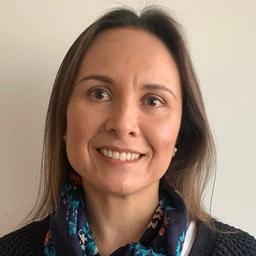Agency: Helping Students Take the Lead

Instructor: Mónica Naranjo
This workshop is designed to support elementary teachers in creating learning environments where students feel empowered, engaged and responsible for their own learning. Across four collaborative sessions, participants will explore the foundations of student agency, develop strategies for creating a culture of shared responsibility, learn to plan for meaningful voice and choice, and implement reflection and feedback systems that deepen student ownership. Teachers will leave with practical approaches to shift from teacher-directed to student-centered practices while maintaining appropriate structure and academic rigor, ultimately fostering classrooms where students develop independence, initiative, and a lifelong love of learning.
Course information
For teachers and support staff
Duration: 12 hours
4 sessions
Live peer-to-peer learning
The methodology
Teachers will learn in small groups of 2-5 colleagues, meeting once a week for 4 weeks. Sessions are 1.5 hours and can be in-person or online.
Course syllabus
Session 1: Understanding Student Ownership: What, Why and How?
- • Explore what it truly means for students to take ownership of their learning
- • Unpack the key elements of agency and the mindsets needed to foster ownership
- • Identify opportunities to shift from teacher-led to student-centered practices
Session 2: Creating a Culture of Shared Responsibility
- • Explore how to co-construct classroom environments that support shared ownership
- • Develop essential agreements and involve students in setting meaningful routines
- • Build classroom systems that promote independence, collaboration and mutual accountability
Session 3: Planning for Voice and Choice in Learning
- • Explore how to integrate voice and choice into planning, instruction and assessment
- • Design inquiry-driven learning experiences with differentiated learning pathways
- • Create structures that balance student choice with clear learning expectations
The methodology
Teachers will learn in small groups of 2-5 colleagues, meeting once a week for 4 weeks. Sessions are 1.5 hours and can be in-person or online.

For teachers and support staff
Duration: 12 hours
4 sessions
Live peer-to-peer learning